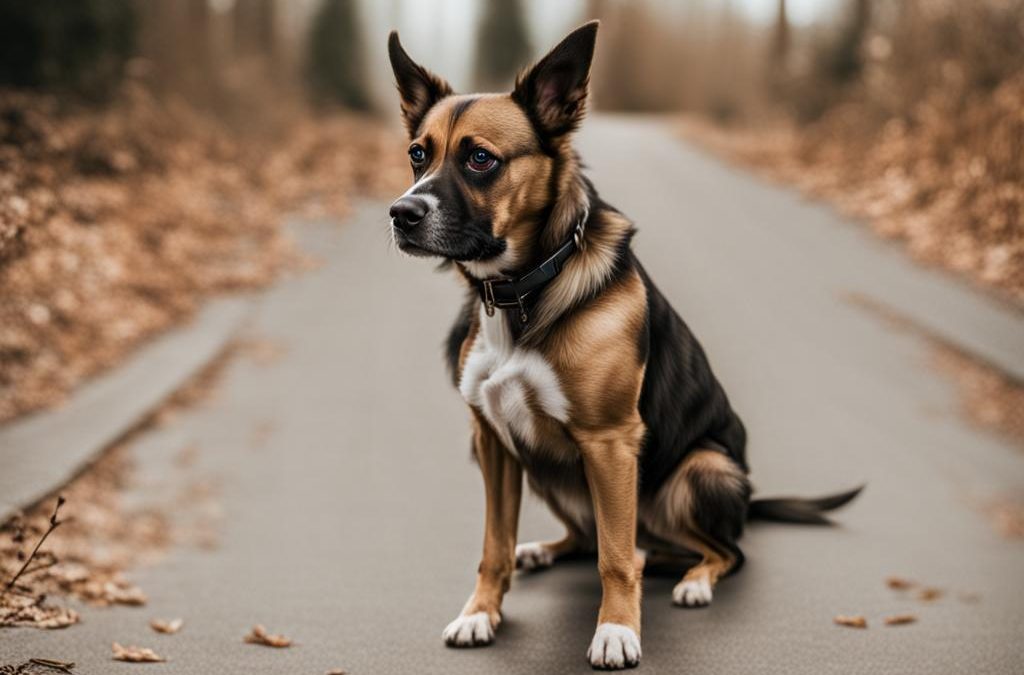Diarrhea in dogs can be distressing for both the pet and the owner. Not only is it uncomfortable for the dog, but it can also lead to dehydration and other serious health concerns if not addressed promptly. This article will provide you with a comprehensive guide on what to do if your dog has diarrhea and how to prevent future occurrences.
Understand the Causes
Before you can effectively treat diarrhea, it’s important to understand its potential causes:
- Dietary indiscretions: Consuming spoiled food, garbage, or non-food items.
- Food allergies or intolerances.
- Parasites: Such as giardia, worms, or coccidia.
- Infections: Bacterial or viral.
- Medications and toxins.
- Underlying health conditions: Including liver or kidney disease, colitis, inflammatory bowel disease, etc.
Immediate Steps to Take
- Monitor your dog closely: Ensure they’re not displaying signs of more serious health concerns, such as bloody stools, vomiting, lethargy, or a decreased appetite.
- Fast your dog: A brief period of fasting (12-24 hours) can give your dog’s digestive system a chance to settle.
- Hydration: Ensure your dog has access to fresh water at all times. Diarrhea can lead to dehydration rapidly.
- Diet: After the fasting period, introduce a bland diet. Boiled chicken and rice, in a 2:1 ratio of rice to chicken, is often recommended.
Seek Veterinary Care
If your dog’s diarrhea persists for more than a day or two, or if you notice any of the following symptoms, it’s crucial to seek veterinary care immediately:
- Bloody or black stools
- Vomiting
- Lethargy or weakness
- Dehydration (signs include dry gums, sunken eyes, and skin that doesn’t snap back when pinched)
- Decreased appetite
Your veterinarian may perform various tests, such as fecal examinations or blood tests, to diagnose the cause of the diarrhea and recommend appropriate treatment.
Treatment
Depending on the cause, treatment may include:
- Dietary changes: A prescription diet or a diet tailored to your dog’s specific needs.
- Medications: Including antibiotics, anti-parasitic drugs, or probiotics.
- Fluid therapy: For dogs that are severely dehydrated.
- Treatment for underlying conditions: For instance, if a food allergy is the cause, a diet change will be needed.
Prevention Tips
- Stick to a consistent diet: Avoid sudden changes in their diet and be wary of giving them table scraps.
- Limit access to garbage and toxins.
- Regular vet check-ups: To catch and treat potential issues early on.
- Parasite prevention: Regular deworming and fecal checks can help prevent parasitic infections.
- Vaccinate: Ensure your dog is up-to-date with their vaccinations.
Conclusion
While diarrhea in dogs can be concerning, understanding its potential causes and knowing what steps to take can ensure your furry friend returns to health as quickly as possible. Always monitor your dog’s overall health and behavior, and when in doubt, seek veterinary care. Your dog’s well-being is paramount, and being informed is the best way to keep them happy and healthy.
Diarrhea in dogs can be distressing for both the pet and the owner. Not only is it uncomfortable for the dog, but it can also lead to dehydration and other serious health concerns if not addressed promptly. This article will provide you with a comprehensive guide on what to do if your dog has diarrhea and how to prevent future occurrences.
